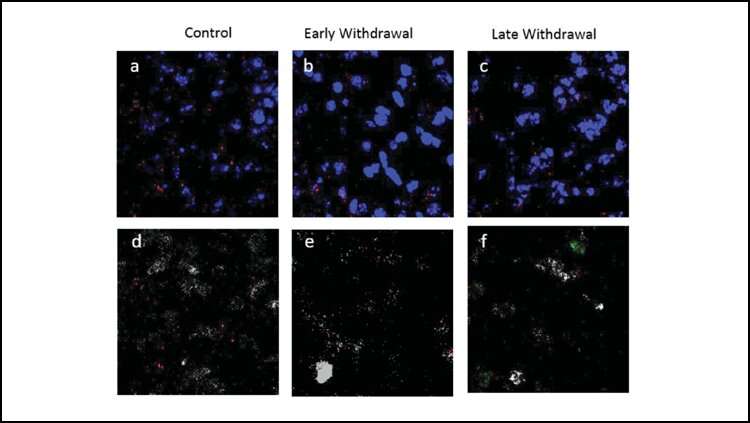Diabetes drug relieves nicotine withdrawal

A drug commonly used to treat Type II diabetes abolishes the characteristic signs of nicotine withdrawal in rats and mice, according to new research published in JNeurosci. The finding may offer an important new strategy in the battle to quit smoking.
Smokers trying to quit face potent side effects from nicotine withdrawal, including cravings, increased appetite, restlessness, anxiety, irritability, and depression. Even though they may want to quit, many smokers continue to smoke simply because the experience is so unpleasant.
The diabetes drug, pioglitazone, targets a specific form of the peroxisome proliferator-activated receptors in the nucleus. This receptor, PPARγ, is found in areas of the brain involved in drug addiction.
Domi et al. demonstrated that direct injections of pioglitazone into the hippocampi of male mice reduced the signs of physical nicotine withdrawal, including paw tremors, chattering, and head shakes. Injecting pioglitazone into the amygdala of male mice ameliorated signs of anxiety associated with nicotine withdrawal.
Source: Read Full Article


